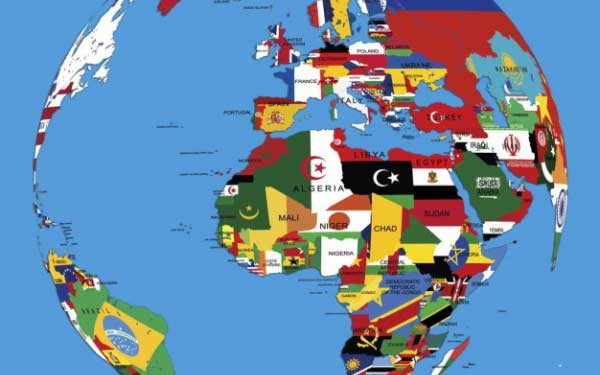
ZIMBABWE has received remittances amounting to US$1,17 billion from the diaspora community in the first nine months of this year, up 8% compared to the same period in 2022, new data from the central bank show.
Diaspora remittances — money sent by a person in a foreign land to his or her home country—have become one the biggest foreign currency sources for Zimbabwe after exports.
In the first half of 2023, diaspora remittances contributed 16% to the country’s total foreign currency receipts. Exports accounted for 55%.
The central bank data, exclusively obtained by Standardbusiness, show that in the period to August 2023, outward remittances—foreign currency sent outside the country—jumped by 19% to US$29,23 million.
Economist Stevenson Dhlamini said the growth in diaspora remittances was “impressive” considering the challenging global economic climate.
“Diaspora remittances serve as a lifeline for many Zimbabweans, supporting families, communities, and the overall economy,” he told Standardbusiness.
“This influx of funds can fuel economic growth, stimulate consumption, and improve livelihoods. These remittances can help alleviate poverty, fund education, healthcare, and infrastructure projects, and create opportunities for entrepreneurship and investment.”
He added: “However, let’s not lose sight of the bigger picture. While these figures are encouraging, they also highlight the need for sustained economic reforms and policies to attract more investments and create jobs within Zimbabwe itself.
- Fiscal pressures could limit govt options
- ‘Present USD budget for 2023’
- Sanctions, corruption cripple Zim
- Middle-income economy by 2030 just pie in the sky
Keep Reading
“The surge in diaspora remittances is a testament to the resilience, generosity, and unwavering support of Zimbabweans abroad.”
Another economist Prosper Chitambara said the improvements are in line with the economic performance in the countries where the remittances are coming from.
“We’ve seen most countries are now out of high inflation especially the developed economies, their economies seem to be improving. So, I think that explains why there’s also been an improvement in remittances from Zimbabweans who are living in those economies,” he said.
“It’s, good for Zimbabwe. It helps to improve our balance of payment position which is critical in terms of sustaining macroeconomic stability and sustainability. So, you need to have a favourable balance of payment situation. In other words, what is actually coming to the country must outstrip what is actually leaving.”
Chitambara said the country’s receipts must be more than payments, adding that the remittances will go a long way in terms of contributing to incoming earnings in the economy, which is critical in terms of sustaining the macro-economy.










